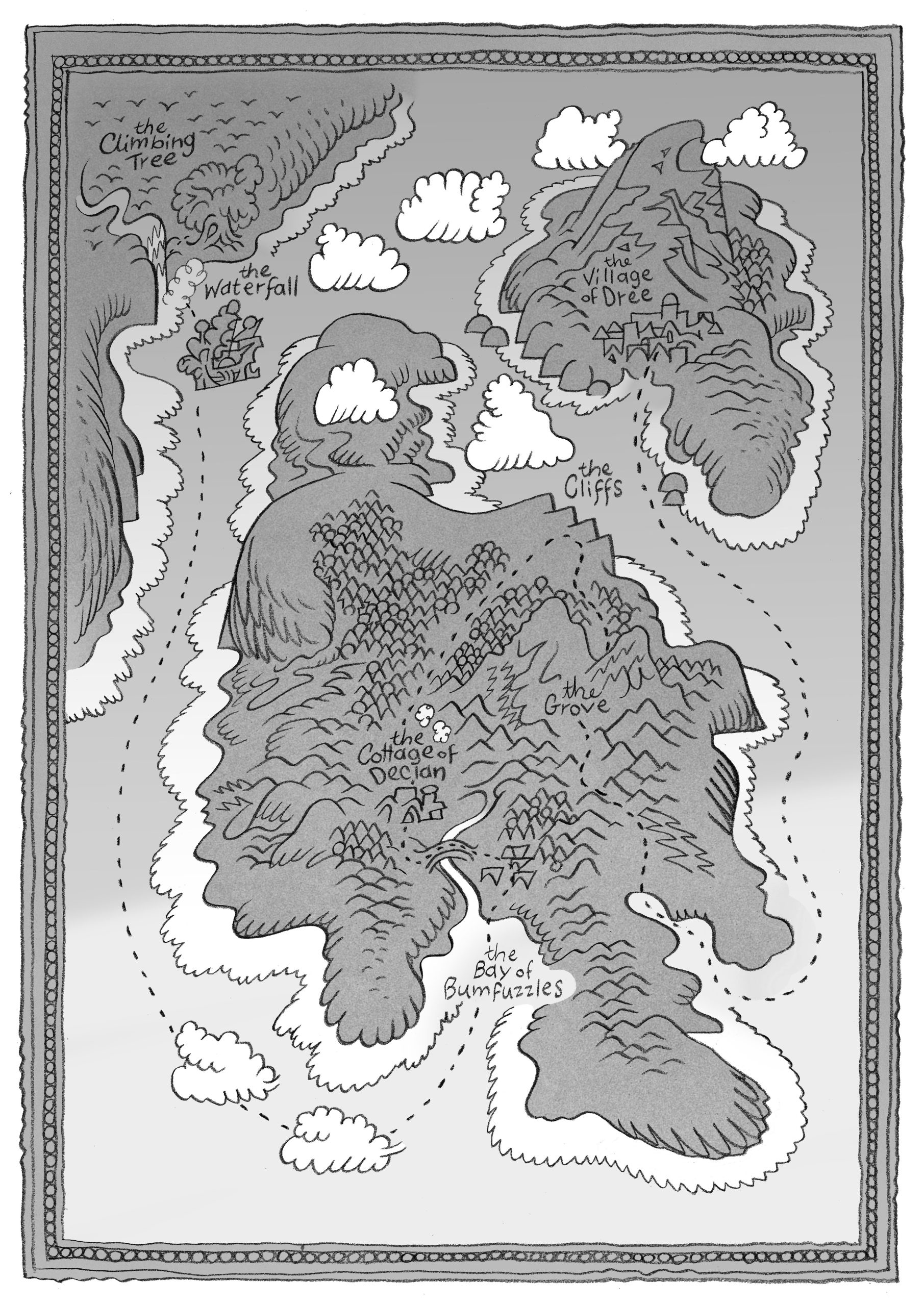
A story for kids (especially those who are hurting)
Several years ago I wrote a story for my son whose world had been turned upside-down by both chronic illness and my first cancer diagnosis.
ARTICLES BY COLLEEN CHAO

Several years ago I wrote a story for my son whose world had been turned upside-down by both chronic illness and my first cancer diagnosis.
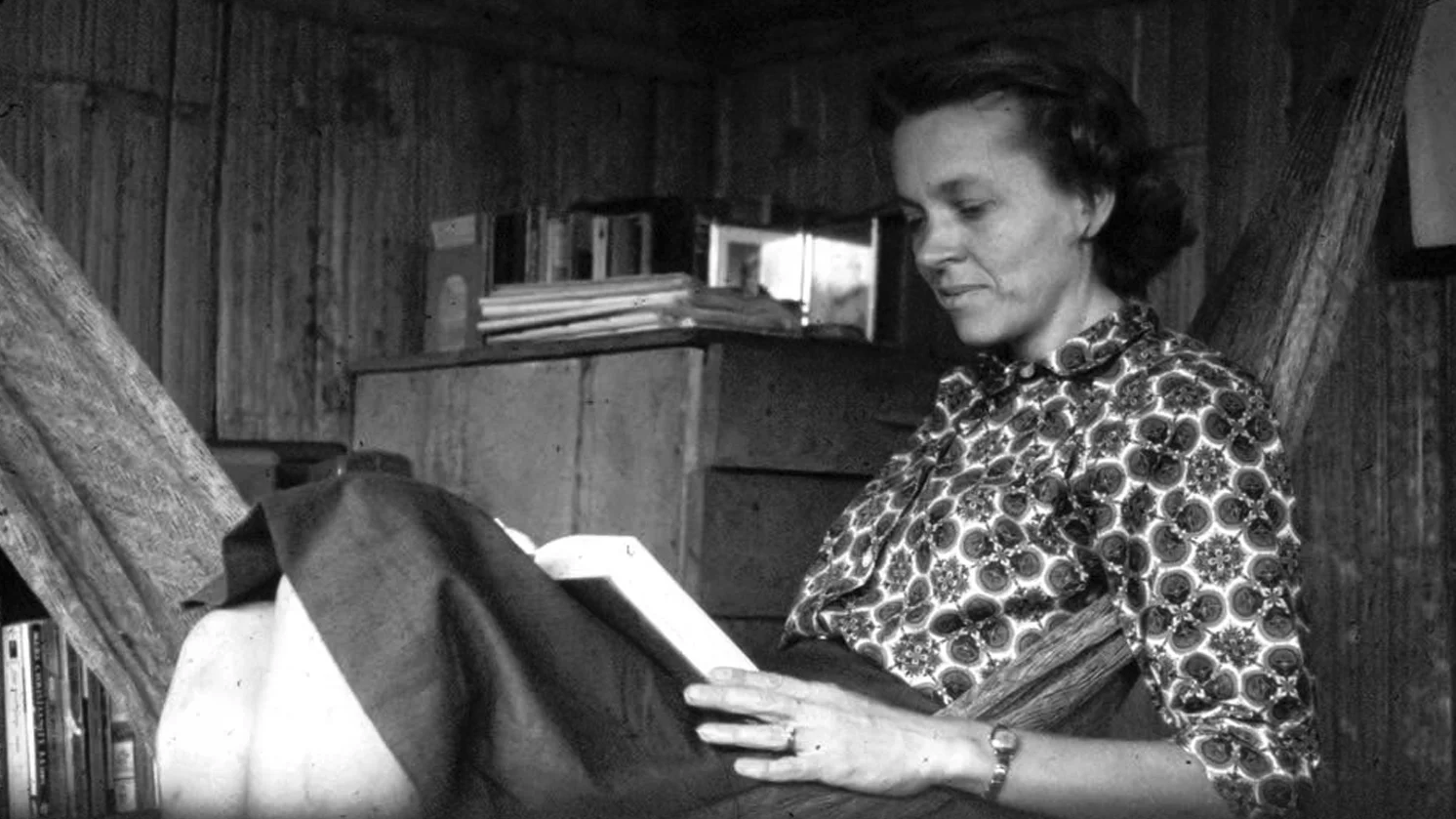
When I was a child, my mother passed along to me a deep appreciation for the life story and writings of Elisabeth Elliot. As a
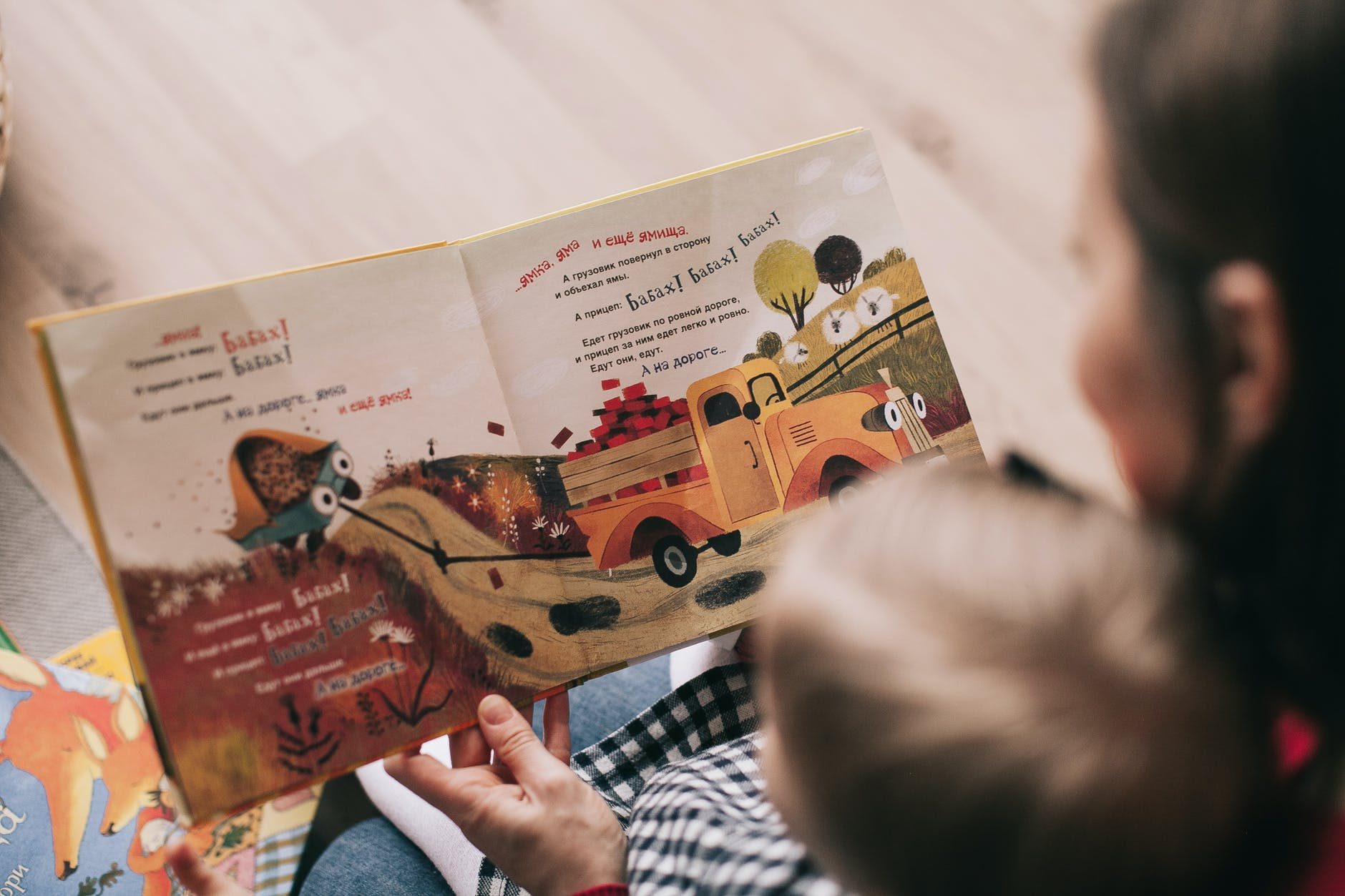
What is it about a good story? Kate DiCamillo said it best in The Tale of Despereaux: “Why would you save me?” Despereaux asked. “Have

I just spent an unforgettable week in Oxford, England, whisked away by the articulate pen of Carolyn Weber. It’s no easy task to hold my attention
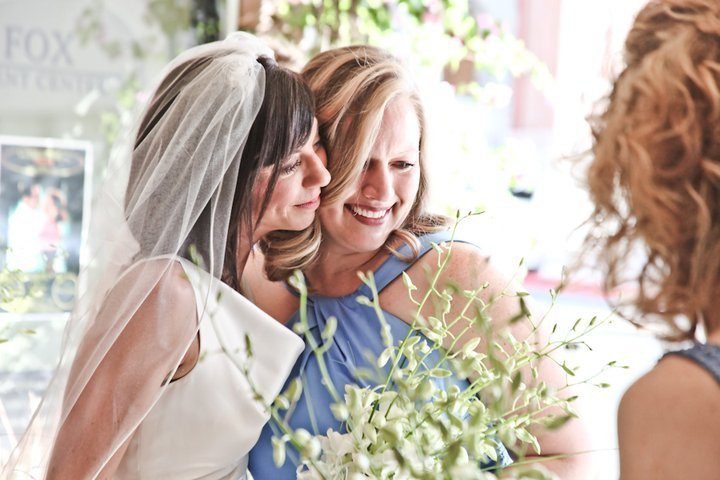
We met when we were gangly 8- and 9-year-old girls. Our small church and a mutual love for rollerskating were the only bonds we needed to

I found it buried in a dusty old box of files, wedged between nondescript folders like “Wells Fargo” and “Car Repairs.” How did something so
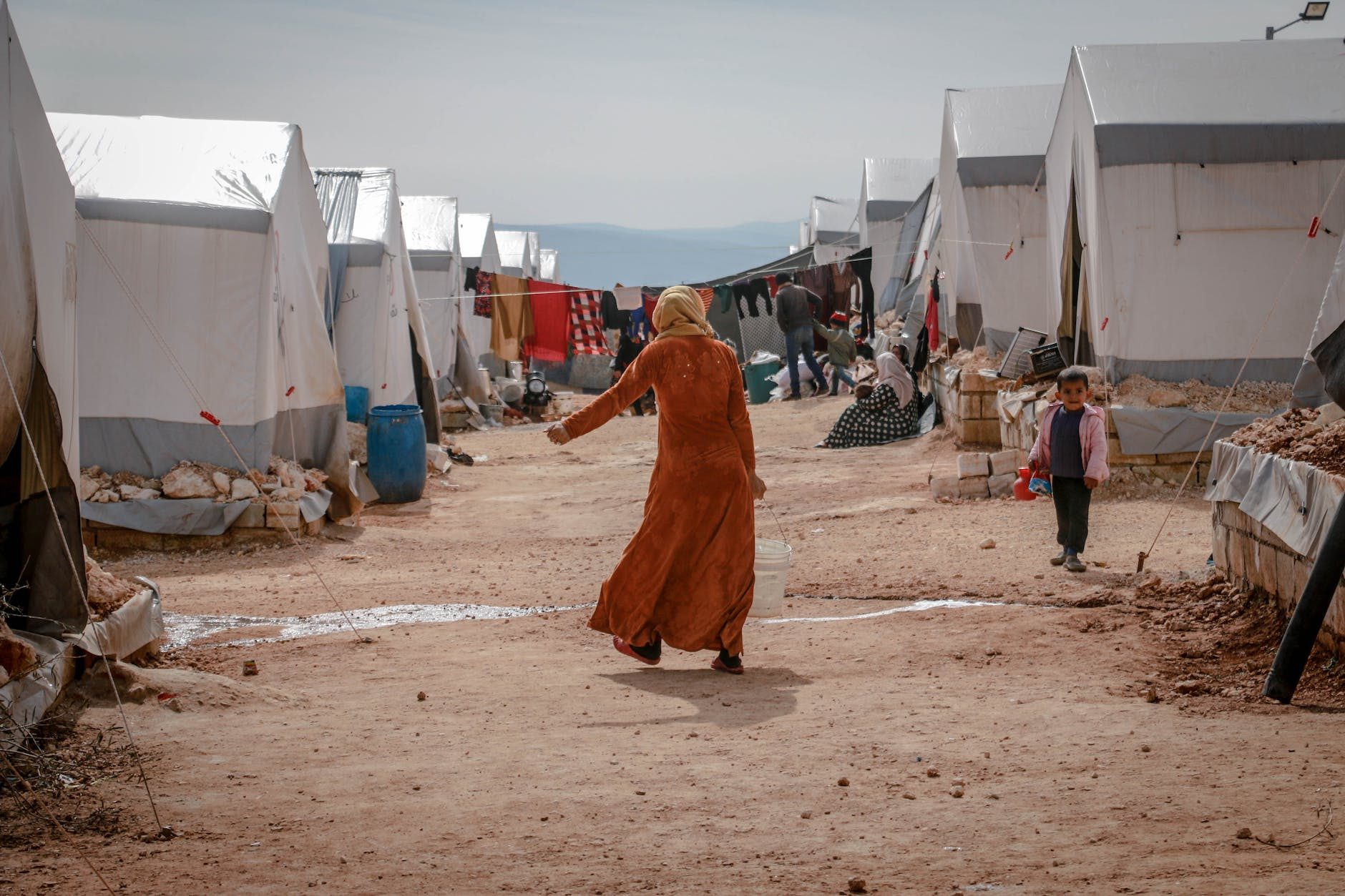
Today I sat with a friend from Romania whose family has suffered upheaval and persecution as far back as she can remember. Her heritage is

I’ll admit: the holiday season can put me on edge. But this year it’s not just the frenzy of festivity that looms large on the horizon.

If you’ve ever spent time around someone who thinks they know everything, you’ve got a pretty good picture of what I was like in my late

As summer draws to an end and school beckons us into our fall routine, I’m catching my breath a bit. The past few months have
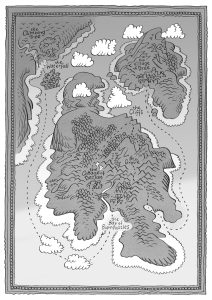
Several years ago I wrote a story for my son whose world had been turned
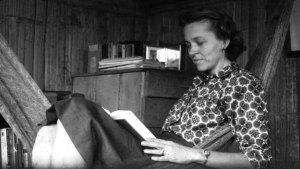
When I was a child, my mother passed along to me a deep appreciation for
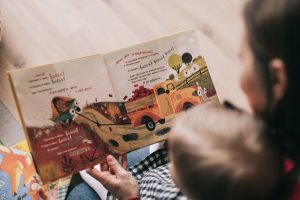
What is it about a good story? Kate DiCamillo said it best in The Tale

I just spent an unforgettable week in Oxford, England, whisked away by the articulate pen of

We met when we were gangly 8- and 9-year-old girls. Our small church and a mutual

I found it buried in a dusty old box of files, wedged between nondescript folders

Today I sat with a friend from Romania whose family has suffered upheaval and persecution

I’ll admit: the holiday season can put me on edge. But this year it’s not just

If you’ve ever spent time around someone who thinks they know everything, you’ve got a pretty

As summer draws to an end and school beckons us into our fall routine, I’m